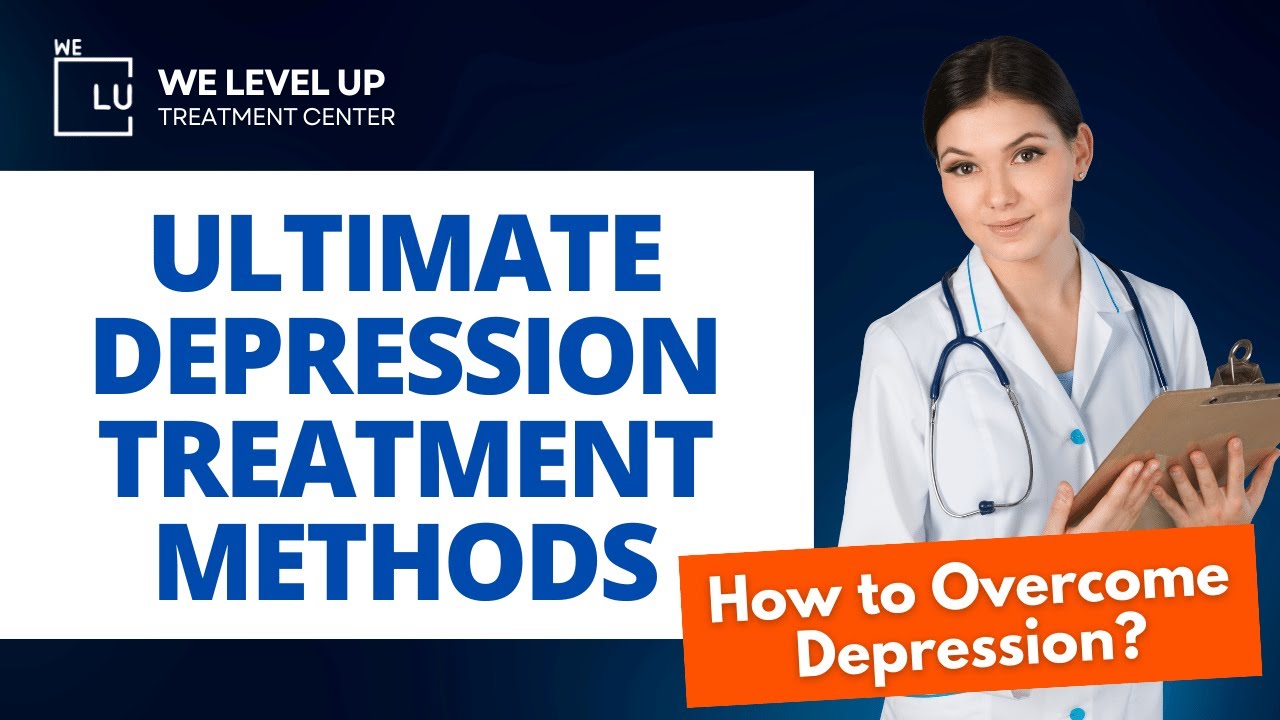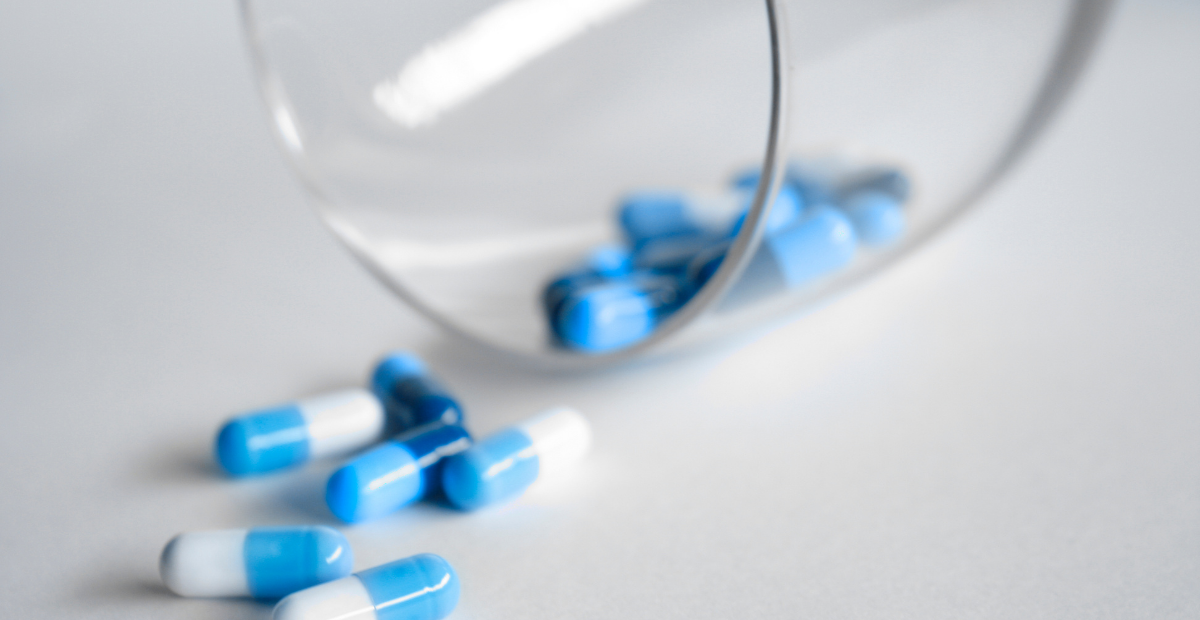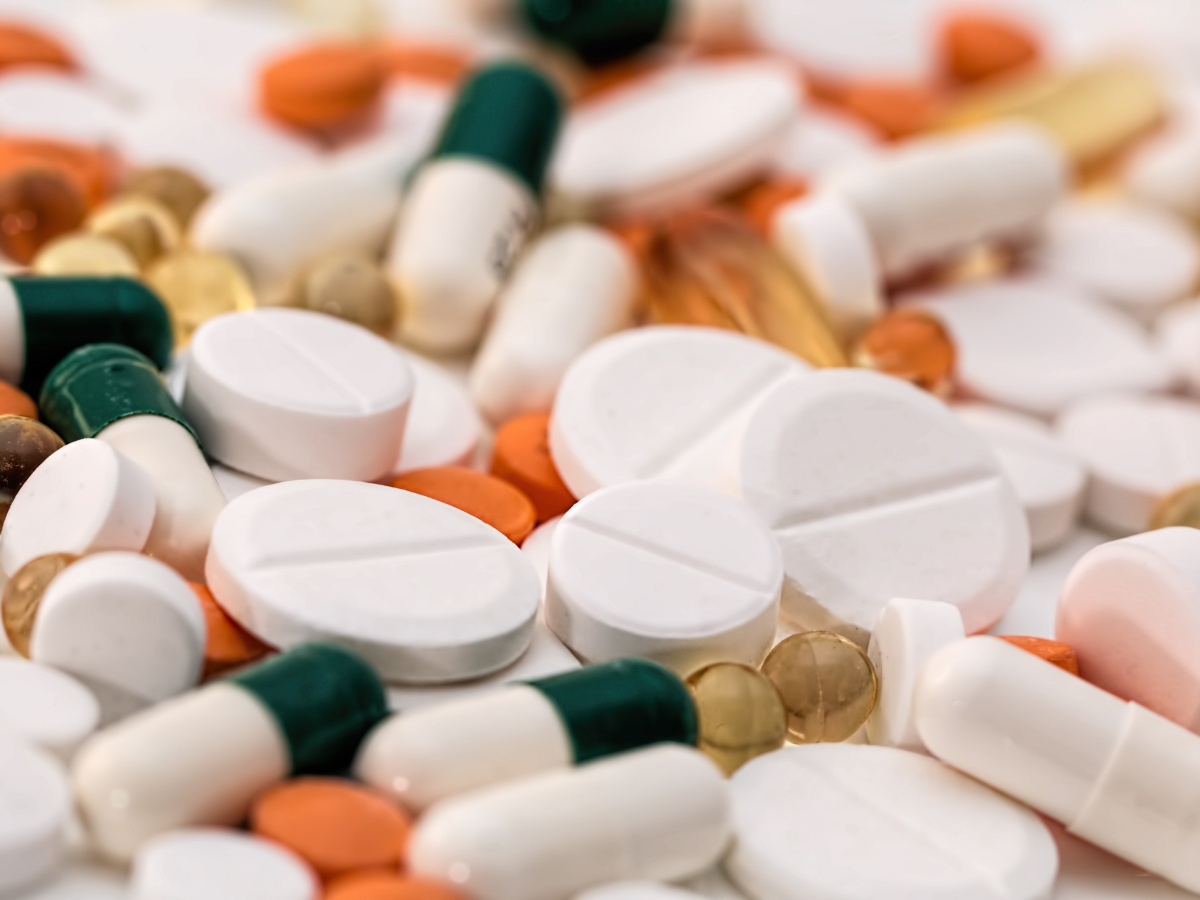What is Heroin?
Heroin can be a white or brown powder, or a black sticky substance is known as black tar heroin. This opioid drug is highly addictive because the excessive use of heroin often develops a tolerance. In other words, users will need higher and/or more frequent doses of the drug to get the desired heroin effects. Given that, a substance use disorder (SUD) may develop when you are abusing heroin. [1]
It is when continued use of the drug causes issues, such as health problems and failure to meet responsibilities at work, school, or home. In this case, there is a range of treatments that are effective in helping people stop heroin use.
However, heroin addiction treatment plans should be individualized to meet the needs of the person and it almost always starts with heroin narcotic drug detox to get rid of the toxic chemicals out of the body. Individuals using heroin regularly (example: daily) over a long period of time are expected to experience heroin withdrawal when stopping or reducing their heroin use. According to the National Institute of Health (NIH) [2], In 2018 in the United States, about 808,000 people reported using heroin during the past year. In the same year, about 11.4 million people used narcotic pain relievers without a prescription. Careful planning can assist a person with heroin withdrawal, and this requires professional assistance from experts like addiction specialists and therapists.
Is heroin a narcotic? Heroin is part of a class of drugs called opioids. Other opioids include some prescription pain relievers, such as codeine, oxycodone, and hydrocodone. Heroin addiction and drug overdose deaths have dramatically increased over the last decade. This increase is related to the growing number of people misusing prescription opioid pain relievers like OxyContin and Vicodin. Some people who become addicted to those drugs switch to heroin because it produces similar effects but is cheaper and easier to get.
Heroin is mixed with water and injected with a needle. It can also be sniffed, smoked, or snorted. People who use heroin sometimes combine it with other drugs, such as alcohol or cocaine (a “speedball”), which can be particularly dangerous and raise the risk of overdose.
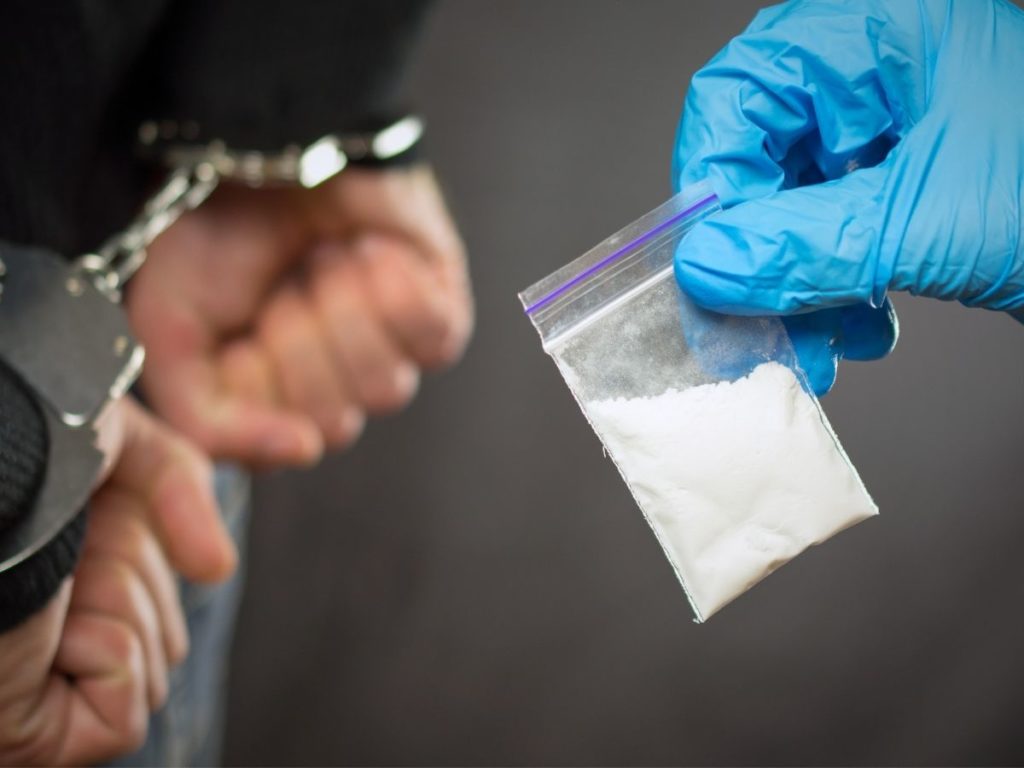
What are narcotics?
Narcotics are also called opioid pain relievers. They are only used for pain that is severe and is not helped by other types of painkillers. When used carefully and under a health care provider’s direct care, these drugs can be effective at reducing pain. Is heroin a narcotic? it is but an illegal narcotic because it has dangerous side effects and is very addictive.
Heroin is a DEA Schedule I controlled substance. Substances in the DEA Schedule I have no currently accepted medical use in the United States, a lack of accepted safety for use under medical supervision, and a high potential for abuse.
What are the effects of heroin?
When heroin enters the brain, it attaches to molecules on cells known as opioid receptors. These receptors are located in many areas of the brain and body, especially areas involved in the perception of pain and pleasure, as well as a part of the brain that regulates breathing.
Short-term effects of heroin include a rush of good feelings and clouded thinking. These effects can last for a few hours, and during this time people feel drowsy, and their heart rate and breathing slow down. When the drug wears off, people experience a depressed mood and often crave the drug to regain good feelings.
Regular heroin use changes the functioning of the brain. Using heroin repeatedly can result in:
- Tolerance: more of the drug is needed to achieve the same “high”
- Dependence: the need to continue use of the drug to avoid withdrawal symptoms
- Addiction: a devastating brain disease where, without proper treatment, people have trouble stopping using drugs even when they really want to and even after it causes terrible consequences to their health and other parts of their lives. Because of changes to how the brain functions after repeated drug use, people that are addicted crave the drug just to feel “normal.”
Short-Term Effects of Heroin Addiction
Opioid receptors are located in the brain, the brain stem, down the spinal cord, and in the lungs and intestines. Thus, using heroin can result in a wide variety of physical problems related to breathing and other basic life functions, some of which may be very serious. Here are some ways heroin addiction affects the body:
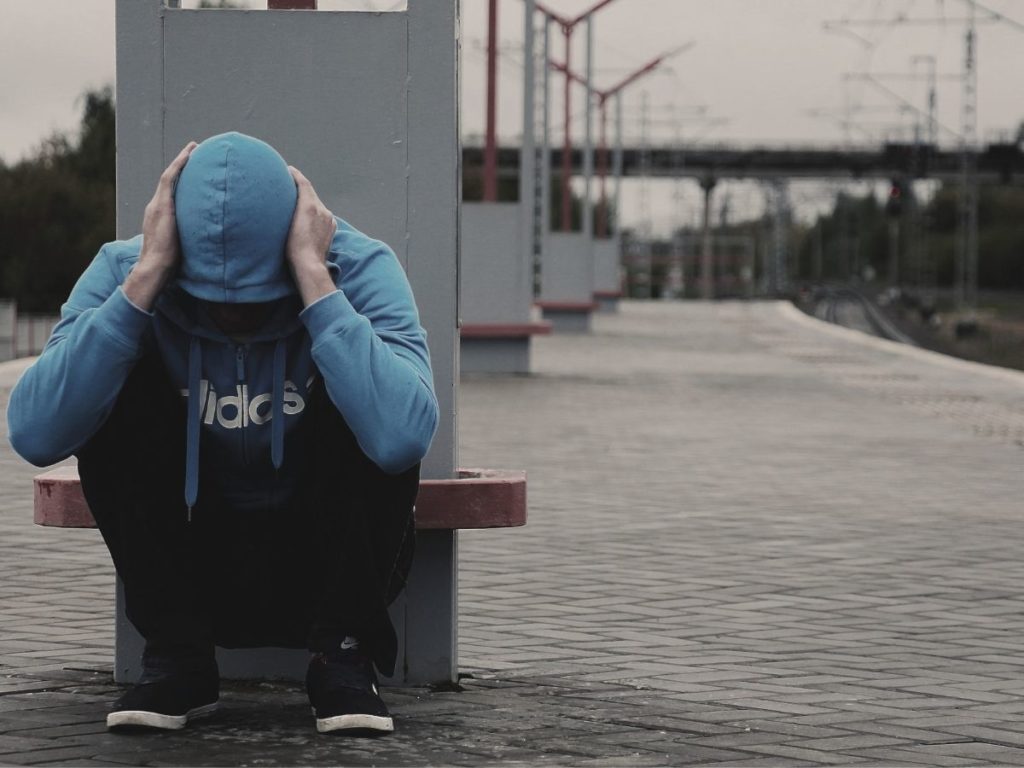
- Dry mouth
- Warm flushing skin
- Heavy feeling arms and legs
- Feeling sick to the stomach and throwing up
- Severe itching
- Clouded thinking
- A temporary feeling of intense happiness
- Going “on the nod,” switching back and forth between being conscious and semi-conscious
- Increased risk of HIV and hepatitis (a liver disease) through shared needles and poor judgment while “high” leading to other risky behaviors. (read more about the link between viral infections and drug use)
When mixed with alcohol, short-term effects can include:
- Coma—a deep state of unconsciousness
- Dangerously slowed (or even stopped) breathing that can lead to overdose death
Heroin Overdose
Taking heroin floods your brain with chemicals such as endorphins, dynorphins, and dopamine. The brain naturally releases these hormones in response to pain or after activities like running and eating chocolate. The chemicals produce positive feelings that help us cope with pain and find experiences pleasurable.
After you use heroin, you have far higher concentrations of these chemicals in your brain than is natural. This results in much more intense feelings of pleasure and euphoria than you would normally experience.
Your brain connects these euphoric experiences with using heroin, making you want to take the drug again to experience its effects. These new reward pathways are the result of physical changes in your brain cells. They produce urges that are incredibly strong and difficult to overcome.
If you repeatedly use heroin, your body builds a tolerance to the substance, so you need to take more and more to experience the same euphoric feelings. Over time, you develop a physical dependence on the substance. Your brain begins to rely on heroin to produce hormones rather than creating its own. Is heroin a narcotic? If you stop taking it, you experience a range of debilitating and sometimes dangerous narcotic withdrawal symptoms.
Overdose is a dangerous and deadly consequence of heroin use. A large dose of heroin depresses heart rate and breathing to such an extent that a user cannot survive without medical help. Labored breathing, seizures, muscle spasms, weak pulse, coma, and spasms of the gastrointestinal tract are all indicators of an overdose. Without medical attention, heroin overdose could result in death.
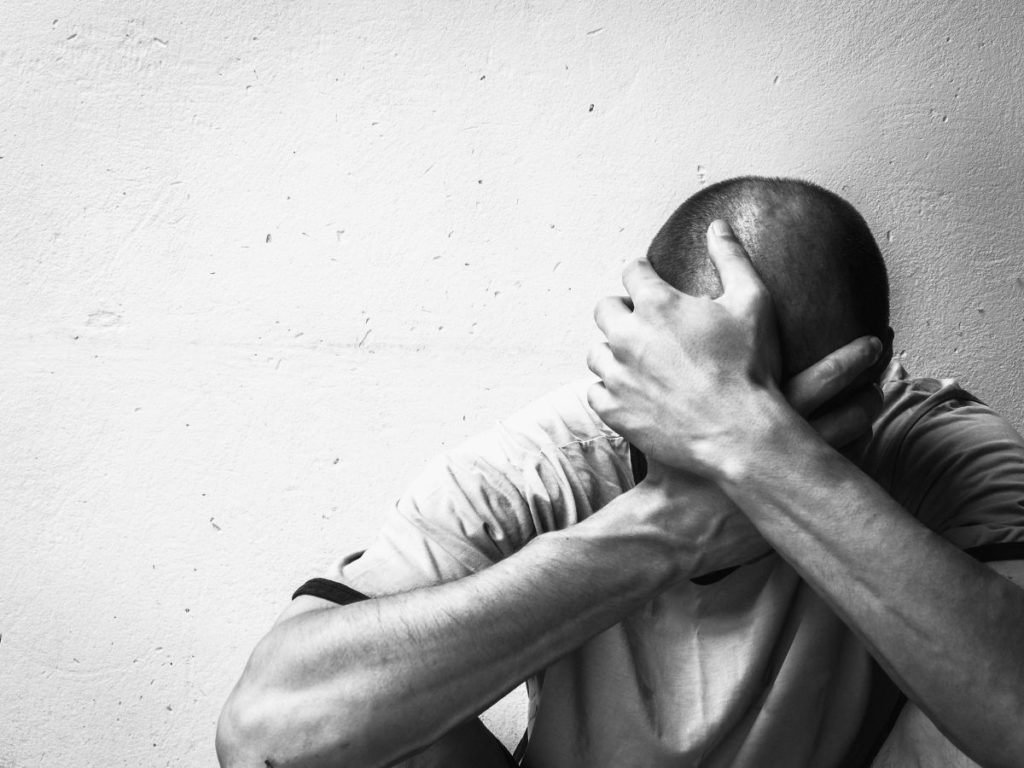
Heroin overdose Signs and Symptoms
There are many signs of an opioid overdose, which occurs when a person ingests too much heroin. The primary indication of an overdose is reduced or stopped breathing. Opioid drugs depress breathing rates, especially in large quantities. Depressed breathing looks like this:
- Shallow breaths
- Gasping for air
- Very pale skin
- Blue tint to the lips and fingertips
Other symptoms of a heroin addiction overdose can include:
- Pinpoint pupils
- Discolored tongue
- Weak pulse
- Low blood pressure
- Disorientation, delirium, or a changed mental state
- Constipation
- Spasms or seizures
- Nausea or vomiting
- Coma
- Extreme drowsiness or an inability to stay awake
Because overdose can be life-threatening, it is extremely important to get medical attention as soon as any of these symptoms appear. Symptoms of an overdose from injected heroin will typically begin about 10 minutes after the individual has taken the dose.
Heroin Addiction Treatment
If you are addicted to drugs such as heroin, your very first step in recovery should be to medical opioid detox in a safe and medically supervised setting. That is why We Level Up is here for you. We Level Up TX Detox center medically assist patients to clear their systems of addictive substances, such as heroin.
For anyone who suffers from addiction, we know that just the thought of having to stop using can cause severe mental distress. Given that, the medical detox center will help you manage the medical detox process. A comprehensive team prescribing medications can alleviate your withdrawal pains while monitoring your health 24 hours. Assuring both your safety and comfort.
At We Level Up TX, our thorough approach to rehabilitation supports several levels of care to ensure the best possible outcome for every patient who enters our doors. From an intensive and more supportive atmosphere for those in the early days of recovery to a comfortable residential-style living dynamic upon completion of detox, we are here to help guide you down the safe and results-based path to your sobriety.
Once detox is complete, a new doorway in treatment opens up, which is referred to as a residential level of care. Here, our residential care program slowly and effectively introduces the individual into an atmosphere of therapeutic growth, marked by Master’s level therapists, clinicians that can educate you about questions such as is heroin a narcotic? group counselors, psychiatrists, and a community of like-minded individuals with the same aim: to attain sobriety and live a great life. Call to speak with one of our treatment specialists if you are experiencing heroin addiction.
Sources:
[1] NIDA – https://www.drugabuse.gov/publications/drugfacts/heroin
[2] NIH – https://medlineplus.gov/ency/article/000949.htm
[3] NCBI – https://www.ncbi.nlm.nih.gov/pubmed/28582659
[4] NIDA – https://www.drugabuse.gov/publications/research-reports/heroin/what-are-immediate-short-term-effects-heroin-use
[5] We Level Up Treatment » Heroin Addiction

